eGHOST: Establishing Eco-design Guidelines for Hydrogen Systems and Technologies
eGHOST is presented as the first contribution to the development of eco-design criteria in the fuel cell and hydrogen sector at European level. The project will develop guidelines for specific products and incorporate the lessons learned into the “eGHOST white paper”, a document that will serve as a reference for any future hydrogen system ecodesign project. As eGHOST aims to support the entire hydrogen sector, it addresses the eco(re)design of technologically mature products, such as a PEM fuel cell stack, as well as emerging ones, with a TRL of 5, such as a solid oxide electrolyser, so that sustainable design criteria can be incorporated from the earliest stages of product development.
eGHOST will go beyond the current state of the art of eco-design, by incorporating eco-efficiency assessment (combination of environmental and economic decision-making tools) and life cycle assessment from a social point of view, to determine the social impacts of products. Therefore, eGHOST proposes a sustainable design that seeks to minimise the economic, environmental and social impacts of products throughout their life cycle. Another innovation will be the use of a forward-looking approach in the life cycle analysis tools used to assess the performance of products, determining the impacts of all stages of the product life cycle at the time of their emergence.
The European Commission considers eco-design as a key factor in meeting its commitment to the circular and climate economy by 2050, as reflected in various official documents (Green Pact, New Industrial Strategy for Europe, Circular Economy Directive…). In this sense, eGHOST will contribute to position the hydrogen sector in this context, improving the criteria for the consideration of hydrogen technologies as a sustainable investment in the framework of the EU taxonomy, and providing tools for Corporate Social Responsibility studies.
Participants: Institute IMDEA Energy (Coordinator), Commissariat a l’Energie Atomique et aux Energies Alternatives (CEA), Univerza v Ljubljani (UL), Foundation for the Development of New Hydrogen Technologies in Aragon (FHa), Symbio (SYM), The Institute of Applied Energy (IAE).
Funding Entity/Programme: This project has received funding from The Fuel Cells and Hydrogen 2 Joint Undertaking (JU), under contract No. 101007166. The Joint Undertaking is supported by the European Union’s Framework Programme for Research and Innovation Horizon 2020 and by Hydrogen Europe and Hydrogen Europe Research.
Call: H2020-JTI-FCH-2020-1 (Topic: FCH-04-3-2020 Development of eco-design guidelines for FCH products).
Type of Action: Research and Innovation Action



